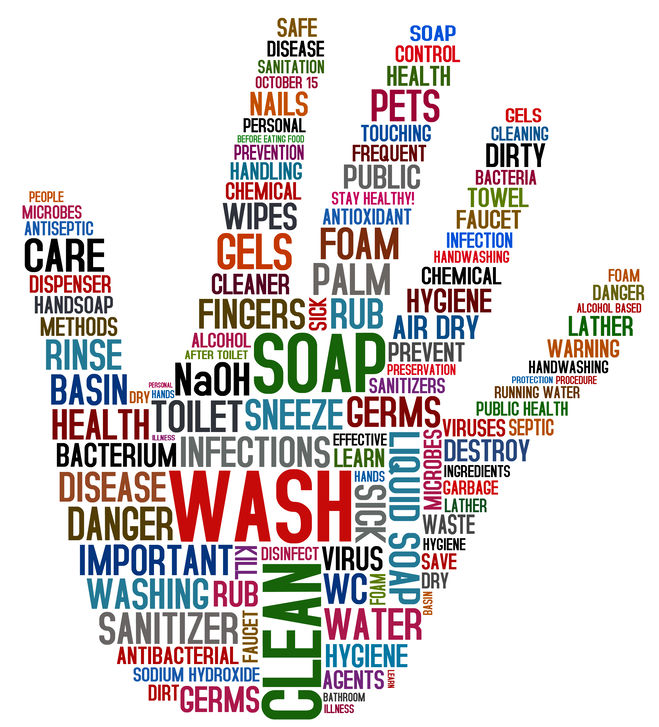With the Covid19 (coronavirus) we have to practice better hygiene to protect ourselves and others. These are practices we should be doing anyway but, I’ll reserve my judgment for another time.
In addition to better hygiene and understanding that others might not have the same habits and/or practices, we have to further our mission and clean our spaces. Bacteria and viruses can live on non-porous services for hours and even days.
You must arm yourself with disinfecting wipes with at least 60% alcohol to clean surfaces around you that are most touched by people before you. For the purpose of travel, we’re talking about airplanes, trains, buses, hotels and public places. Studies have shown some of these surfaces have more bacteria than a toilet.
Airports & Airplanes
Armrests, seatbelt buckles, seatback trays, elevator buttons, doorknobs faucet handles, should all be wiped down with a disinfecting wipe before you use them. If you’re wondering about faucet handles, understand that some might not wash their hands effectively, therefore, leaving bacteria/germs behind. If the faucet is not motion operated, use a paper towel or tissue to shut off the water.
Trains, Buses and Their Stations
Wipe down any handrails, banisters, armrests, handles and anything with push buttons or screens. These are all surfaces we all have to touch, repeatedly. If you’re not wiping down push buttons or screens, use your knuckle, don’t touch your face, immediately use hand sanitizer and wash your hands with soap and water ASAP.
Hotels
When entering a hotel room the first order of business is to remove the bedspread and never use it and then start cleaning with your wipes. Identify those items that you know you’ll touch. These are the items most people will touch and are rarely if ever cleaned and disinfected by housekeeping. These items include remote control, light switches, thermostat, telephone, chair armrests, faucet handles, doorknobs. Healthcare professional, Yalanda Comeaux recommends bringing plastic bags for the remote control. Sidebar: wash glasses before you use them.
This may sound like a cumbersome task but we are now in a period of change where good hygiene and precaution may save your health and life. Once you start doing it this is a habit that will become second nature and continue to protect yourself and others.
Habits take approximately 90 days according to Psychology Today. “I think the AVERAGE amount of time it will take to form a habit (with fewer than 5% of lapses during the habit formation period) is about 90 days. Changing a habit, barring anything unusual, should take roughly twice as long; about 180 days.“
Be informed and be safe!
Yours truly,
Ja’Vonne Harley, The Traveling culturati

